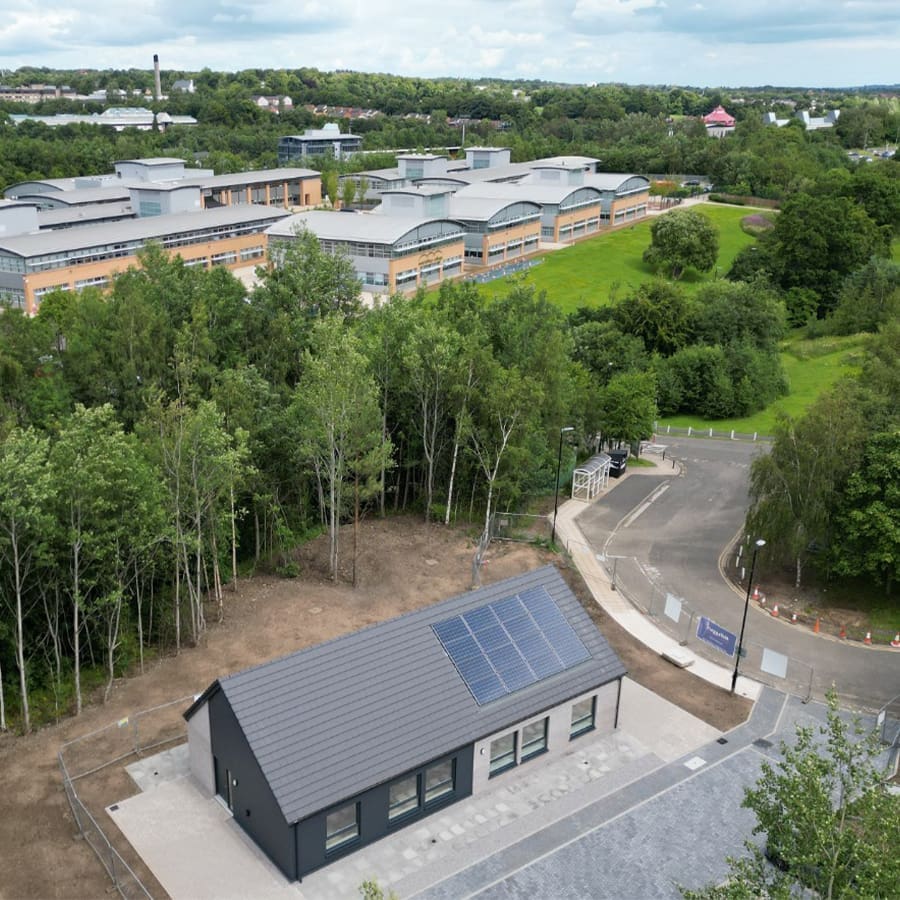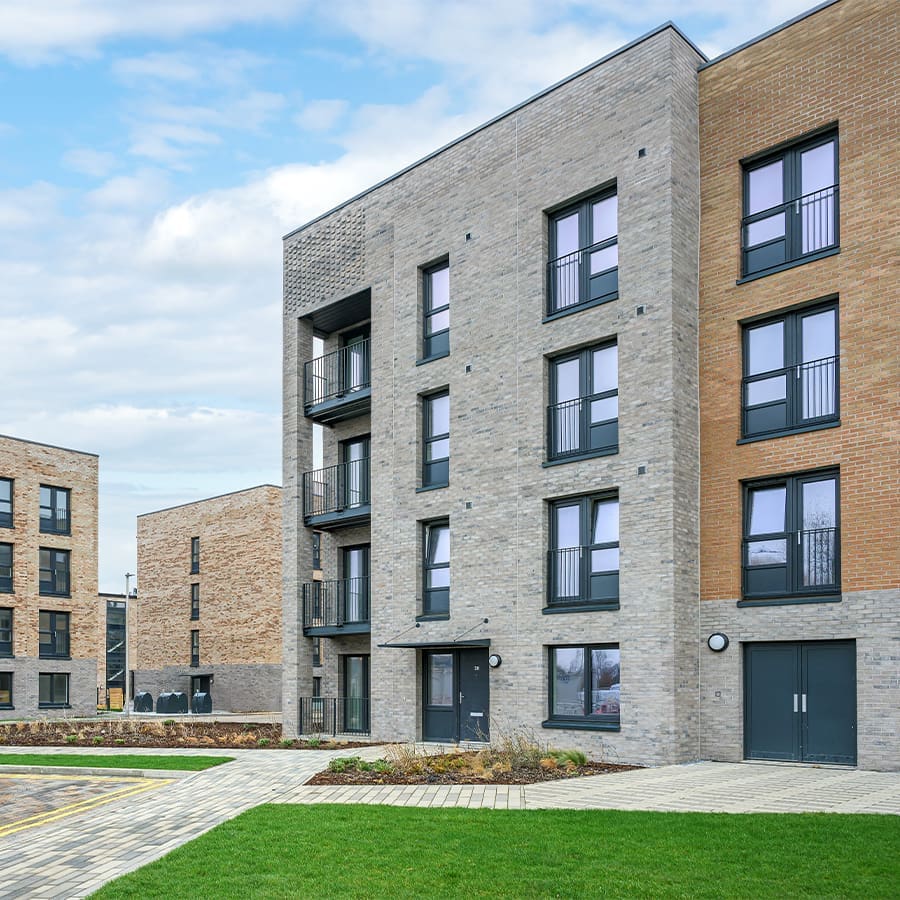Net Zero Carbon______
At Carbon Futures, we offer a comprehensive range of services to support the transition to Net Zero. Through advanced modelling and analysis of buildings, we help shape low-carbon design strategies and guide decision-making throughout the project lifecycle. Our services include Operational Energy Analysis utilising Dynamic Simulation Modelling (DSM) in line with CIBSE TM54, Embodied Carbon Life Cycle Assessments (LCA), Whole Life Carbon Life Cycle Assessments (LCA), and Indoor Environmental Quality (IEQ) modelling.
We also provide expertise in aligning projects with a variety of Net Zero frameworks and standards, including the Scottish Government’s Net Zero Public Sector Building Standard, the UK Net Zero Carbon Buildings Standard, BREEAM, LETI, AECB, and UKGBC
- Net Zero Carbon Roadmaps / Pathway Reporting
- Net Zero Champion Role – supporting NZPSBS and UKNZCBS
- Operational Energy Analysis (CIBSE TM54)
- Embodied Carbon Calculations
- Psi-value Calculations (Thermal Bridging)
- Hygrothermal Analysis (WuFi Calculations)
- Building Heat Loss & Heating & Cooling Loads Analysis
- Climate-Based Daylight Modelling
- Overheating Risk Assessment (CIBSE TM52 – Non-Domestic)
- Overheating Risk Assessments (CIBSE TM59 – Domestic)
- Indoor Air Quality (CO2 ) Analysis
- Building Bulletin 101 Analysis (Education Buildings)
- BREEAM Modelling & Assessments
- Compliance Assessments (Part L and Section 6)
- Energy Performance Certificates (EPCs)
- Post Occupancy Evaluation
- Digital Twinning
______Net Zero Carbon Case Studies
Ready to talk about an upcoming project, collaboration or idea you may have?



